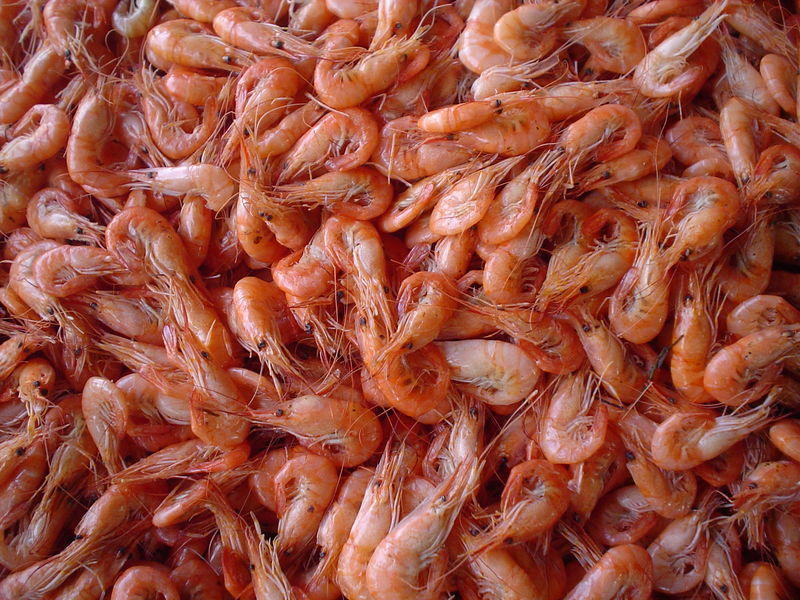The Uzbekbaliksanoat Association has partnered with South Korea to launch the country’s first industrial shrimp cultivation project in Uzbekistan, as it was dislosed by weekly on May 17. Additionally, a breeding center will be established with Hungarian experts to update and acclimatize fish species.

Plans with the Netherlands and Iran include opening branches of top fish feed companies, while a joint project with China aims to restore endangered fish species. Previous shrimp farming attempts include a 2021 project with the Chinese company Tianjin Kaiteng Investment Group to breed Peking ducks and shrimp in Karakalpakstan.
Uzbekistan is one of only two double-landlocked countries, the other being Liechtenstein. This means it is surrounded by landlocked countries: Afghanistan, Turkmenistan, Tajikistan, Kazakhstan, and Kyrgyzstan. This status complicates logistics and trade, relying on rail, road, or air transport instead of maritime routes, which increases costs.
The classification of the Caspian Sea influences Uzbekistan's landlocked status. If considered a sea, Iran and Turkmenistan would not be landlocked, changing Uzbekistan's status. Currently, the Caspian Sea is seen as a lake, keeping Uzbekistan double-landlocked.
Double-landlocked status impacts Uzbekistan's economy by increasing transportation costs and complicating trade. Despite these challenges, Uzbekistan has strong industries in cotton, electricity, and mining.
Earlier Daryo reported that President Shavkat Mirziyoyev announced during a meeting on February 12 to boost the nation's livestock and poultry farming capabilities and to increase unsecured loans to UZS 100 mn ($8,006) to support fish farming.
Follow Daryo's official Instagram and Twitter pages to keep current on world news.
Comments (0)